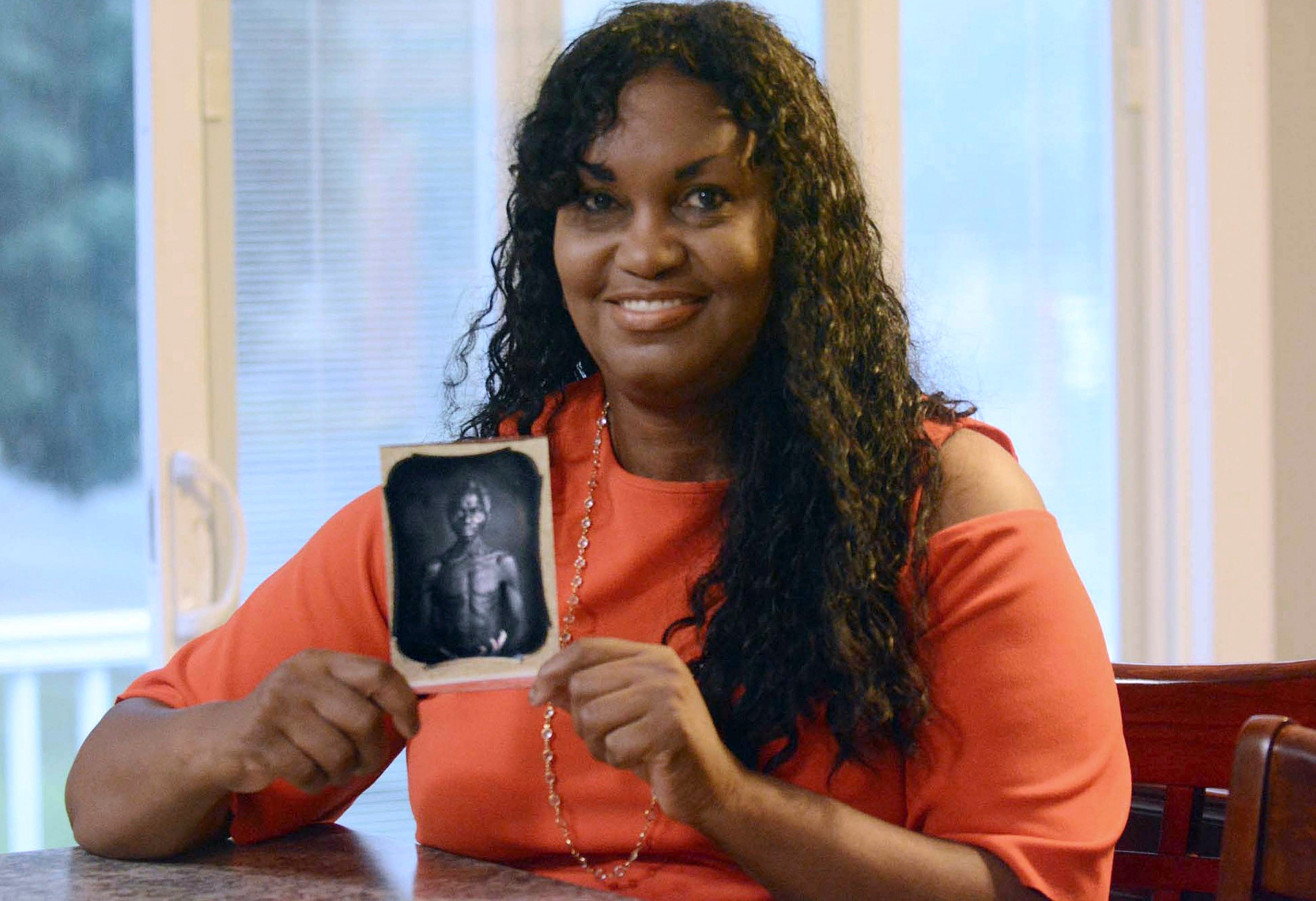Harvard sued over photographs of enslaved people taken for racist scientist
A lawsuit accuses the university of profiting from the images of slaves

Your support helps us to tell the story
From reproductive rights to climate change to Big Tech, The Independent is on the ground when the story is developing. Whether it's investigating the financials of Elon Musk's pro-Trump PAC or producing our latest documentary, 'The A Word', which shines a light on the American women fighting for reproductive rights, we know how important it is to parse out the facts from the messaging.
At such a critical moment in US history, we need reporters on the ground. Your donation allows us to keep sending journalists to speak to both sides of the story.
The Independent is trusted by Americans across the entire political spectrum. And unlike many other quality news outlets, we choose not to lock Americans out of our reporting and analysis with paywalls. We believe quality journalism should be available to everyone, paid for by those who can afford it.
Your support makes all the difference.A woman is suing Harvard University for profiting from images of her ancestors, enslaved people who were forcibly stripped and photographed as research for a racist scientist.
Tamara Lanier is the great-great-great-granddaughter of Renty, who was born in the Congo River basin, abducted and taken to South Carolina in the early 1800s, where he was enslaved on a cotton plantation, reports the Washington Post.
According to Ms Lanier’s lawsuit, the university is continuing to benefit from the atrocity by using images taken of Renty and his daughter Delia and charging a fee to authorise others to use them. Ms Lanier is seeking ownership of the photos and unspecified damages.
Renty and his daughter, Delia were photographed in 1850, and the daguerreotypes of them are thought to be the first ever taken of enslaved people.
Harvard scientist Louis Agassiz, who died in 1873, spent much of his career seeking to prove Black people were an inferior race, and took the photos of Ms Lanier’s ancestors as part of his research.
Renty, Delia and other enslaved men and women were stripped and forced to pose for the photography, as well as being subjected to having every body part, including their buttocks and genitals, measured.
Agassiz left his papers to Harvard when he died, and the images, having been lost for decades, were found in an attic at Harvard’s Peabody Museum in 1976.
Until last summer, a neighbourhood near the Harvard campus was named after Agassiz, and in 2019, Harvard described Agassiz as “charismatic [and] a great systematist, paleontologist and renowned teacher of natural history,” according to the lawsuit.
According to the Boston Globe, the images of Renty and Delia were used in 2017 on the cover of a book and for promotional materials for a conference Harvard hosted about slavery.
“Harvard has kept Renty and Delia enslaved for 170 years,” said Ben Crump, an attorney for Ms Lanier, during a hearing at the Massachusetts Supreme Judicial Court on Monday. “We are beseeching this court not to condemn them in death as property of Harvard for all eternity.”
More than three-dozen of Agassiz’s descendants have signed a letter in support of Ms Lanier, saying: “For too many years, we have ignored Agassiz’s role in promoting a pseudoscientific justification for white supremacy. ... Now is the time to name, acknowledge and redress the harm done by Louis Agassiz.”
Ms Lanier says if her suit is successful, “We are going to sit down as a family and talk about what is best for Renty and Delia. We want the world to get to know the real Renty and Delia,” she said. “We want the world to know that we are proud of them and honoured to be their descendants.”
The Independent has reached out to Harvard University for comment.
Join our commenting forum
Join thought-provoking conversations, follow other Independent readers and see their replies
0Comments